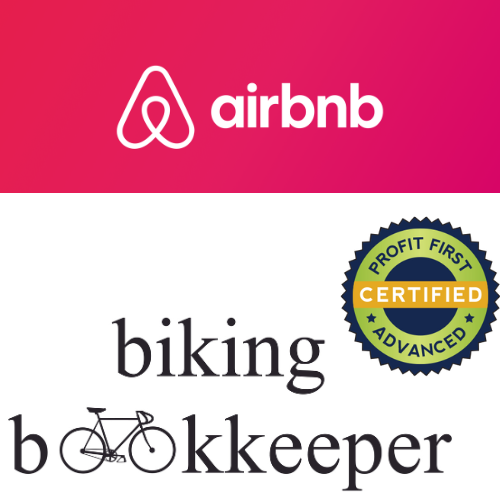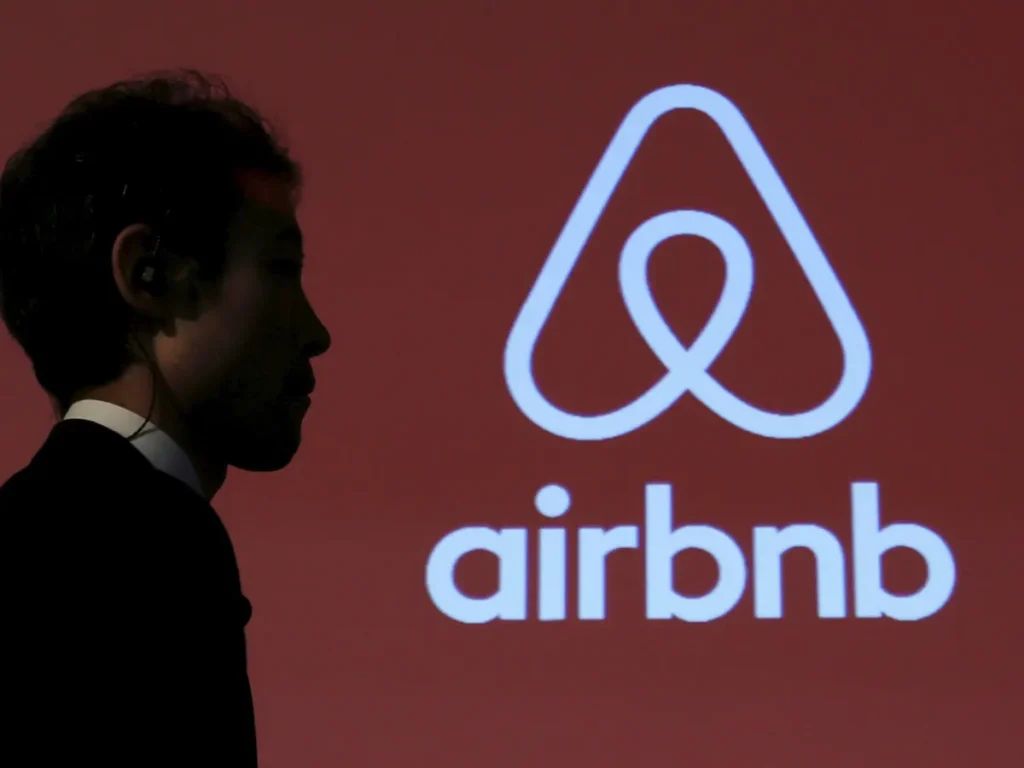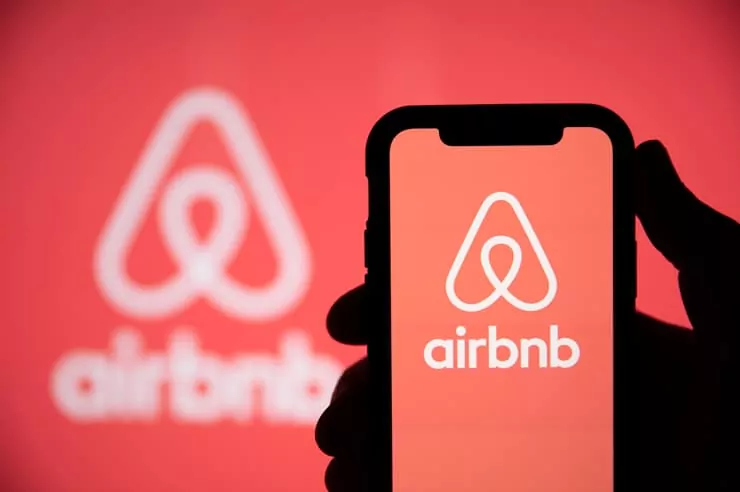In the UK, Airbnb hosts are required to pay taxes on the income they generate from renting out their properties. This includes income tax, which is calculated based on the rental earnings and the host’s overall income tax bracket. National Insurance Contributions (NICs) may also be applicable depending on the level of income.
Property taxes such as Council Tax may apply, though if the property is let out as a furnished holiday rental for more than 140 days per year, it could be subject to business rates instead. VAT is another consideration; hosts exceeding the VAT threshold must register and charge VAT on their rental income, though most Airbnb hosts are unlikely to reach this threshold.
Capital Gains Tax (CGT) may apply if the property is sold at a profit, but exemptions like Private Residence Relief can reduce or eliminate the liability.
How are taxes calculated for Airbnb hosts in the UK?

In the UK, taxes for Airbnb hosts are typically calculated based on the income earned from renting out their property. Here’s a basic overview:
Income Tax
Calculation based on rental earnings and overall income tax bracket:
Income tax for Airbnb hosts in the UK is calculated based on their rental earnings from hosting properties through Airbnb, as well as their overall income tax bracket. This means that the rental income earned from Airbnb hosting is added to the host’s total income for the tax year.
The host’s total income, which includes earnings from other sources such as employment or investments, determines the tax bracket they fall into. The tax rates vary depending on the total income, with higher rates applied to higher income brackets.
Hosts can deduct allowable expenses related to their Airbnb hosting, such as cleaning fees or maintenance costs, from their rental income before calculating the tax.
National Insurance Contributions (NICs)
National Insurance Contributions (NICs) may be applicable to Airbnb hosts in the UK depending on their income level. NICs are contributions paid by individuals to qualify for certain state benefits, including the State Pension and healthcare services.
Airbnb hosts need to consider whether their rental income, along with any other sources of income, exceeds the threshold for NICs. There are different classes of NICs, such as Class 2 and Class 4, each with its own thresholds and rates. Hosts should be aware of these thresholds and rates to ensure compliance with NICs regulations.
Property Taxes
Property taxes for Airbnb hosts in the UK can vary depending on the classification of their property and how it is used. If the property is let out as a furnished holiday rental for more than 140 days per year, it may be classified as a business property and subject to business rates instead of Council Tax.
Business rates are usually higher than Council Tax and are calculated based on the property’s rateable value. Hosts should check the classification of their property with the local authorities to determine the applicable property tax.
Value Added Tax (VAT)
Airbnb hosts in the UK need to be aware of the Value Added Tax (VAT) threshold and whether they are required to register for VAT. As of 2022, the VAT registration threshold is £85,000 of taxable turnover in a 12-month period. If an Airbnb host’s rental income exceeds this threshold, they must register for VAT and charge VAT on their rental income.
However, most Airbnb hosts are unlikely to reach this threshold, especially if they are renting out only one or two properties.
Capital Gains Tax (CGT)
Capital Gains Tax (CGT) may apply to Airbnb hosts in the UK when they sell a property that has increased in value since its acquisition. The gain, which is the difference between the selling price and the original purchase price, is subject to CGT.
However, there are exemptions and reliefs available that can reduce or eliminate the CGT liability for Airbnb hosts. One such relief is Private Residence Relief, which exempts the capital gain from CGT if the property has been the host’s main residence for the entire period of ownership.
Hosts should carefully consider the CGT implications before selling a property and explore available reliefs to minimize their tax liability.
What are the key considerations for record-keeping as an Airbnb host in the UK?

Maintaining thorough and accurate records is crucial for Airbnb hosts in the UK to ensure tax compliance and effective financial management. Income records should be meticulously documented, including booking receipts, payment confirmations, and other relevant transaction details.
Similarly, hosts must keep track of all expenses incurred, such as mortgage interest, utility bills, cleaning fees, and maintenance costs, organizing them by category for easy deduction at tax time.
Additionally, recording property usage, communication with guests, and any correspondence with tax authorities or advisors is essential. Bank statements reflecting all financial transactions related to Airbnb hosting should also be retained. Utilizing digital tools or accounting software can streamline record-keeping processes.
By maintaining comprehensive records, hosts not only meet their tax obligations but also gain insights into their property’s financial performance for informed decision-making.
Final Words
Airbnb hosts in the UK have to pay different kinds of taxes. These include income tax, which is based on how much they earn from renting out their property and their overall income. They also might have to pay National Insurance Contributions (NICs) if they make a lot of money. Depending on their property, they might pay Council Tax or business rates. If they earn more than a certain amount, they might need to pay Value Added Tax (VAT).
When they sell their property, they might have to pay Capital Gains Tax (CGT), but sometimes they don’t have to if it was their main home. It’s important for hosts to understand these taxes and get help if they need it to follow the rules properly.



